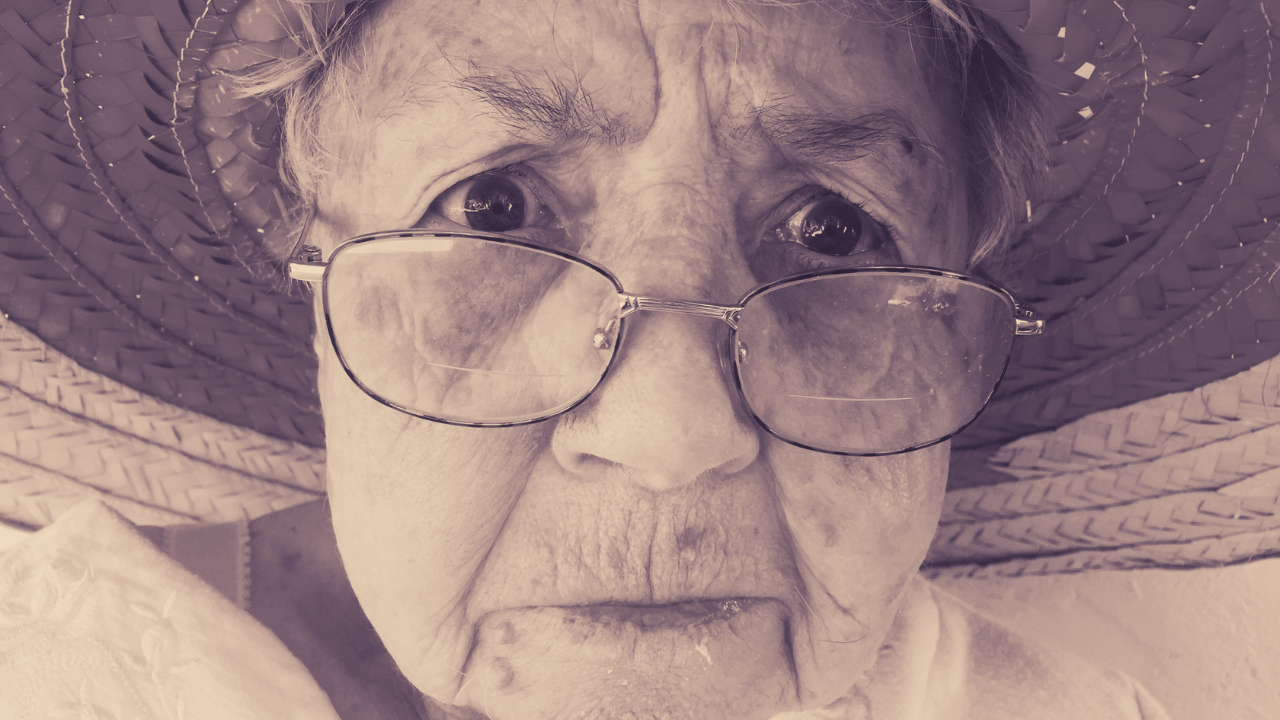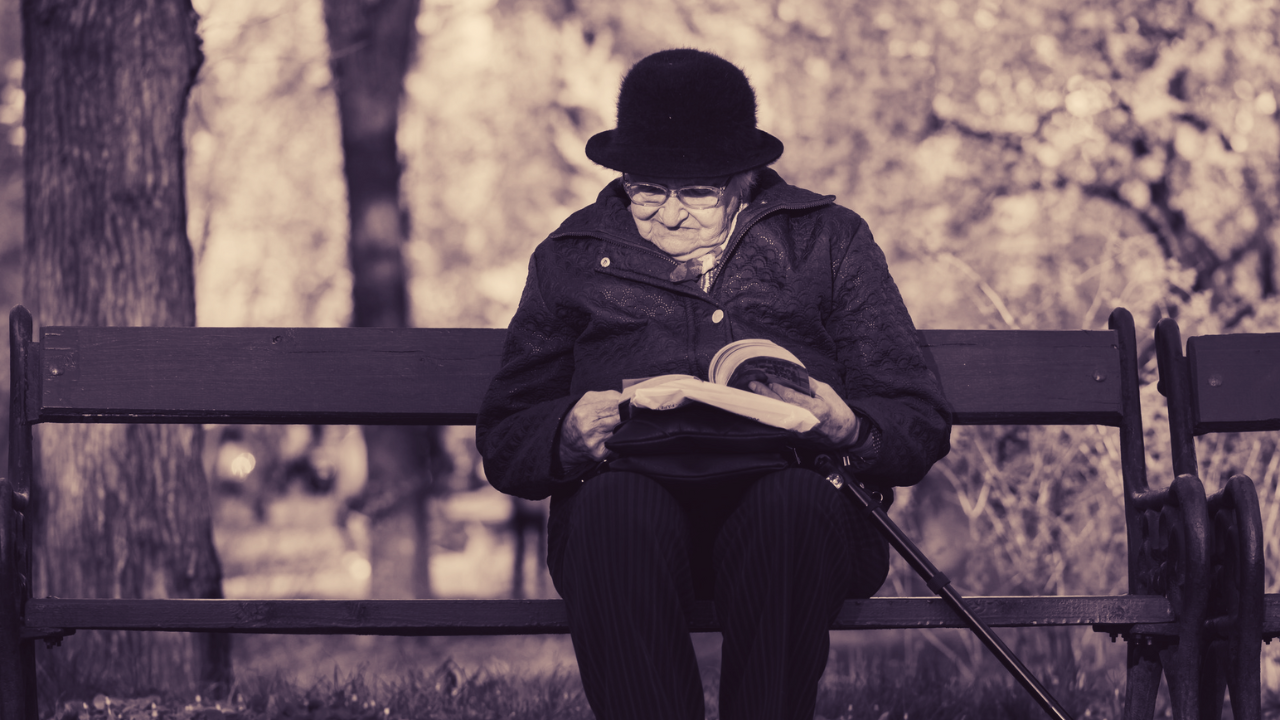- Nov 16, 2022
Isolation & The Elderly
There were a couple of elderly ladies near our home that I’d pop in to visit as a kid. Dropping in on neighbours for a chat or walking their dogs was a major part of my childhood social life.

One lady was widowed and loved to chain smoke and tut-tut at the latest scandals in the tabloid press. She relished a good moan - about the weather, people, anything and everything really. I was a bit young then to know how to dig deeper and help her find more joy, but at least for a time she had this child fascinated by her stories, someone she could offload to and who listened.
The other lady was quite different. She did not marry. She'd been a pioneer for Scottish women in broadcasting and enjoyed a long, successful career in radio. She radiated a life well lived and gratitude for the path she had walked. Like the other lady, she’d survived two world wars. Yet her focus was the exciting adventure she’d lived. She clearly enjoyed having people around to talk about her life experiences and to share her knowledge.
We all need people to connect with and to have companionship, no matter our background and experience of life. Most of us have felt increased isolation on some level in the last 3 years, but for the elderly the impact has been incredibly harsh.
As it happens, I got into conversation with an elderly relative recently around this topic. I was curious to understand how particular circumstances as well as more general aspects of life can increase isolation for people in later life. I’d like to share the key points that came up because some of these experiences you’ll recognise if you are either of that age too or if you have elderly relatives and neighbours in your life you keep an eye out for:
Even when you have close family around you, you can still feel isolated socially. My relative had been on a medical errand after being stuck at home for ages and had the chance to have a relaxed random chat with someone at the clinic. What she described was relief - that she was able to offload some things on her mind, things she prefers not to discuss with those closest to her. Her anxiety decreased and she felt relieved, all because she got to have a meaningful conversation with someone not involved in her immediate life.
For almost a year, as well as during “lockdowns”, she missed those trips to the shops where she could browse and chat to people. Not having those simple pleasures and social connections had her feeling unhappy and frustrated. And of course, there are kinds of reasons this kind of social isolation can arise.
She talked about anxiety increasing because there were certain things she could no longer do physically, if it were needed.
Being shut up at home, be that for personal reasons or lockdowns means that important connections like saying hello to neighbours in passing grind to a halt. Outside activities also cease like going to your singing group, craft group, U3A meetings or whatever activities bring joy and social connection. My relative highlighted specific consequences of this: 1) increased isolation and 2) being shut up indoors meant mobility began to decrease too because she was not getting out to her usual activities. It’s easy to overlook how this impacts on our friends and relatives in later life. Being shut up in any environment impacts both the emotional and the physical wellbeing of a person.
Diminishing mobility in the elderly is something we witness in those around us and my relative’s experience is common - it gives rise to frustration and anger. For example, getting angry and frustrated because your physical condition no longer allows you to do things you once took for granted.

It was eye-opening having this honest conversation with my relative, an upbeat and positive lady as it happens, to understand a little more about the issues our elderly face in continuing to enjoy the fulfilling and socially connected life they deserve. A simple smile and wave means a lot, as can popping out to a favourite café or trip to the shops. Social interaction is life and vitality regardless of the life stage we are at yet can become increasingly challenging in later years. Anything we can do to help ease these challenges for our elders is worthwhile and sure to be appreciated.
Hannah x
P.S. If you have a relative you think may find some relief from chatting to someone outside of their social circle and family, YouLiberated provides listening ear services via LaterLifeCompanions. You can learn more here x